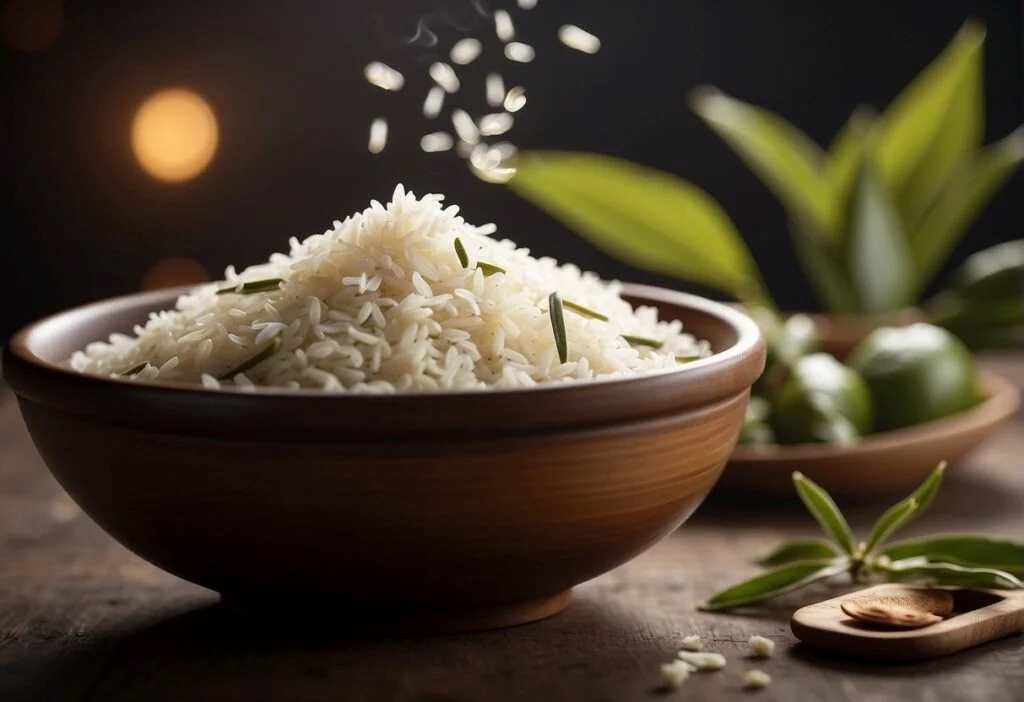Okra, a staple in Southern cuisine and various global dishes boasts a unique texture and flavor profile. But for those following the low-carb, high-fat ketogenic diet, the question arises: Is okra keto-friendly? Let’s break down the carb count and explore okra’s nutritional benefits to make an informed decision.
Okra’s Carb Content: The Key to Keto Compatibility
The ketogenic diet thrives on drastically reducing carbohydrate intake, typically to under 50 grams per day. This forces the body to enter ketosis, a state where it burns fat for fuel instead of carbs. So, where does okra fit into this picture?
A 100-gram (roughly 1 cup) serving of raw okra contains:
- Total Carbohydrates: Approximately 7 grams
- Dietary Fiber: Approximately 3 grams
- Net Carbohydrates: Approximately 4 grams (total carbs – fiber)
Net carbs are crucial on keto, as they represent the carbohydrates that impact blood sugar levels and can potentially kick you out of ketosis. Okra’s relatively low net carb count makes it a potentially keto-friendly option, especially when consumed in moderation. Additionally, freezing okra can be a convenient way to ensure you always have this keto-friendly vegetable on hand without worrying about it spoiling quickly.
Beyond Carbs: Okra’s Nutritional Bounty
While the carb count is essential, okra offers more than just keto compatibility.
This green powerhouse is packed with nutrients:
- Vitamins and Minerals: Okra is a good source of vitamin C, vitamin K, and folate. It also contains minerals like magnesium and potassium.
- Fiber: The high fiber content aids digestion, promotes gut health and can contribute to feeling full, which is helpful on a keto diet.
- Antioxidants: Okra contains various antioxidants, including polyphenols and flavonoids, which may protect against cellular damage.
- Low in Calories: With only about 33 calories per 100 grams, okra is a low-calorie food that can fit into a calorie-controlled keto plan.
Related: Detox and Refresh: Cleansing Smoothie Recipes for a Revitalized You
Incorporating Okra into Your Keto Lifestyle
Here are a few tips for enjoying okra on keto:
- Portion Control: While low in net carbs, overeating okra can still contribute to exceeding your daily carb limit. Be mindful of portion sizes.
- Cooking Methods: Choose keto-friendly cooking methods. Avoid breading or frying with high-carb ingredients. Roasting, grilling, or sautéing with healthy fats like olive oil or coconut oil are excellent choices.
- Recipes: Explore keto-friendly recipes featuring okra, such as okra stew, okra soup, or grilled okra with spices.
A Word of Caution: Okra’s Slimy Texture
Okra’s unique texture, caused by its mucilage content, is a point of contention for some.
However, various cooking processes can minimize the sliminess:
- Acidic Ingredients: Adding vinegar or lemon juice during cooking can help break down the mucilage.
- High Heat: Sautéing or grilling over high heat can also reduce the slimy texture.
The Verdict: Okra and Keto – A Good Fit?
In moderation, okra can be a valuable addition to a ketogenic diet. Its low net carb count, combined with its impressive nutritional profile, makes it a worthy contender for your keto plate. As always, monitor your individual carb intake and consult with a healthcare professional or registered dietitian for personalized guidance.
Remember: Okra is just one piece of the puzzle. A successful keto diet involves a variety of low-carb vegetables, healthy fats, and adequate protein to achieve your health and weight loss goals.





